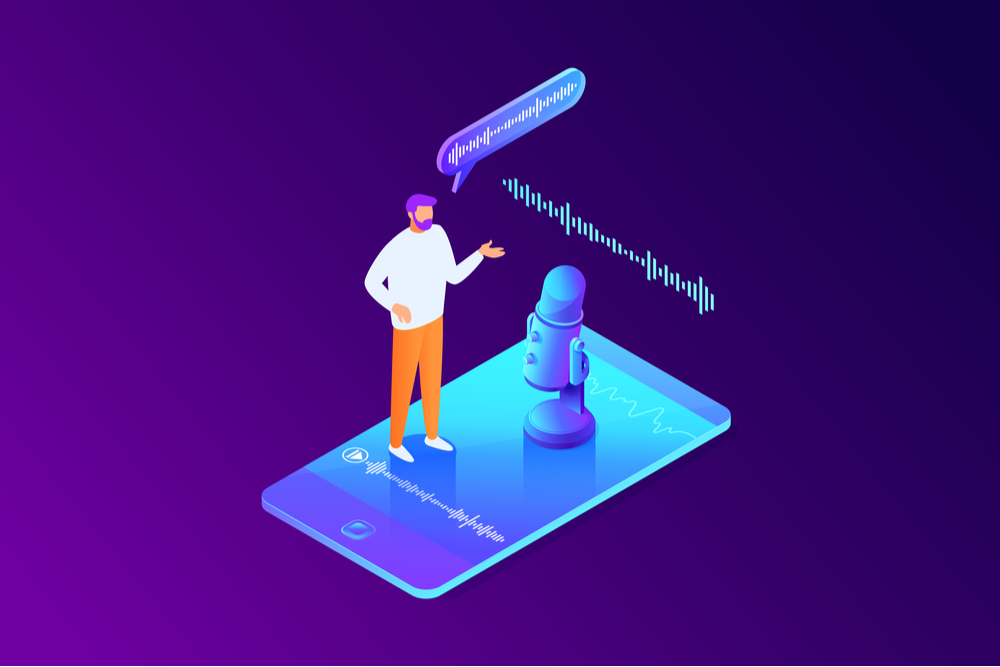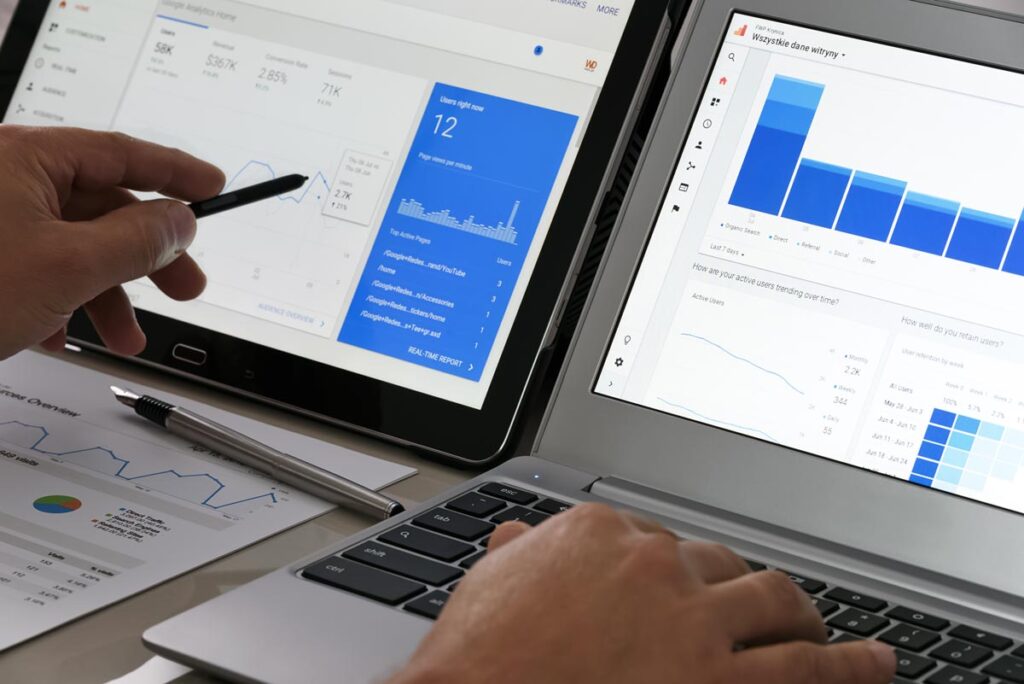How Does Google’s Search Algorithm Work?
Getting your web pages to rank higher in search is the goal of anyone managing a website. Whether it’s a storefront, blog, or other kind of content, ensuring that it is properly optimized and attractive to Google is the end goal to get those high ranks in SERP.
How that happens though may seem like a mystery to some. There are so many things that go into how Google ranks a website that it can seem overwhelming to anyone just starting out, or that hasn’t had a lot of time to go through the extensive ins and outs.
Thankfully, there are ways to parse out some of the hundreds of things that Google considers when cataloging a website and use that knowledge to your advantage. SEO is a machine of many, many working parts, but understanding how parts of that machine works can help you focus on what parts are best for your web pages and maximize their benefit to your business.
Understanding the Inner Workings of Google Search
Spiders and Crawling
The first, and one of the most important things that Google does when determining what a website is or where it should go is ‘crawl’ a website. This is done through the use of ‘spiders,’ which are lightweight, automated programs that are constantly searching for new content on the internet.
Spiders gather information on your website, regarding things like the text, titles, and other details to surmise what your website is about, what you are doing with it, and the kind of people that would be interested in seeing your content. This is a vital part of the process as without it, your content can never be indexed on Google in the first place.
After that, Google then begins to categorize and figure out how to best match search queries in its database. Again, this sounds simple, but given the staggering amount of content created every day, and the fact that searches now number in the trillions per year, precise, correct categorization is extremely important. On top of all of this, Google does it faster than other search engines, giving them an edge over their competition.
Why Crawling is Important
How’s this apply to your website? Well, the biggest way is that it allows your websites to pop up in search at all. There are ways to stop the Google’s spiders from crawling your website but doing so means they cannot get the vital information they need.
Likewise, it is important to consider that your content is accurate and reflective of your overall website, so that you are being placed accurately in their database for future search queries.
How Do I Make Sure My Site Is Being Crawled?
Just as there are ways to stop Google from crawling your website, there are things that you can do to ensure that it is.
The first, and simplest, is to do a Google search where the search query is “site:yourdomain.com” in the tool bar. This will focus the search to include only indexed sites from your website. It will also include a number of results displayed at the top of the search. This is not an exact figure, but it should give a strong approximation of how well indexed your content is.
However, if there are no results, then there could be a problem. In cases where your site is new, it may not have been crawled yet. Though Google is quick with their spiders, they still have to do the work before it can be cataloged and indexed.
There are, however, other factors that could be responsible for your website not showing up in search.
Some of the big reasons are:
- Your site has no external links
- Your site is hard to navigate for a crawling program
- There may be directives that are blocking the crawlers from search engines
- Your say may be penalized due to tactics YouTube considers spam or poor practices
- Your site and content may not be live, and is unable to be crawled
- Old content is being crawled that you don’t want to be seen
There are ways to take a measure of control over this process. The most common way is to use the Robots.txt file located within your website directory. Using this file, you can set directives and suggestions that robots will follow when crawling your site.
Using this, you can direct Google’s robots to important pages that you feel are important to your website’s identity and brand, while also blocking the crawlers from content that is less important. This can be helpful in ensuring only canonical pages are crawled, though its important that you make sure you are not preventing any important information from being crawled, or that pages with additional instructions are blocked.
Once you have that set up, and you know that crawlers can indeed crawl your site, taking some extra time to ensure that your important content is easily accessible to crawlers can provide some additional benefits.
Making it easily navigable and keeping important text you wish to be indexed visible are two important steps in getting the content and pages you want to be indexed seen. This includes things like having consistent navigation between mobile and desktop, links going to pages and content, as well as having a sitemap that creates an easy to access list of content.
By taking these steps, you are ensuring that Google’s crawlers are given ample opportunity to get the information they need to reliably index your website.
The Importance of Links
Having good content that is easy to find by Google’s crawlers is great, but visibility is another factor that can greatly determine a site’s ranking. One of the main methods this is achieved is through the use of links.
The more links a page or a website receives, the more Google perceives it as an authoritative and useful. If these links are coming from other websites that have good authority on a topic, and are relevant to the content and keywords, then the benefit is further increased.
Having links to your content is an old system that has been around for over a decade and has changed dramatically along with the Google search algorithm as a whole.
New technologies like RankBrain and advancements in how search queries are conducted have shaken up how Google catalogs and uses its data to rank websites in search. While this has thrown a wrench in the simplicity of just using links to rank, writing content that is worth linking, and links out to other websites is still a very important factor when targeting high search placements.
A huge part of this is that these links are like referrals, so getting them from high quality, relevant sources as we just discussed means that you’re showing that your website and your content are trustworthy, and worth the attention from Google.
If you can build these links naturally from other trusted websites, then you’ll see results as your presence grows, and your rankings increase.
How RankBrain Makes Search Smarter
Okay, so we talked about how RankBrain has made search change quite a bit, but not what it is.
RankBrain is an artificial intelligence that uses machine learning to improve search through observations and training regarding what and how users search. Over the past few years, it has become a core component of how Google search works, and as it continues to improve seems to be taking on even greater importance.
It works by analyzing content, search queries, links, citations, and general search habits to try and better understand what users are looking for. As it does so, it learns not only what users want when they are making new queries, but also how to better rank content for future searches.
An example of this is that if RankBrain sees a URL that is lower on the rankings but is providing the results people are looking for more than other sites, it will adjust the rankings to prioritize this page over others to reflect its greater interest and usefulness to search.
How this will affect search in the future is yet to be seen, but given the continued, and even expanded use of the machine learning AI, user experience is going to continue to play a huge factor into a website’s performance. How well content is written, how informative it is, and how long people spend with it are going to continue to play big roles int how a website is perceived by Google.
This means that you need to pay attention to your engagement metrics. Things like your time on page, bounce rate, and click through rate are all going to be powerful tools in your arsenal to pay attention to, and gauge how your efforts at content creation and SEO are performing.
If performance is poor in one of these areas, assess why that may be, and make the adjustment to fix it. As the technology involved in search continues to change, not addressing problem areas can have compounding consequences on website health and performance long term.
A truly staggering piece of technology, RankBrain isn’t even fully understood by Google employees. Still, it continues to work and improve the search engine significantly.
Additional Factors
While we’ve covered some of the biggest factors that go into how a site is ranked and how Google’s search algorithm operates, there are several other factors that come into play to further complicate matters. These factors are especially important for local businesses looking to leverage the power of their website to further grow:
- Distance from the user in instances of local search
- Relevance to how well a business or website matches the searcher’s intent
- Reviews that show a local business is well received
- Engagement with questions and reviews to show
- Business listings of name, address, and phone number for a company on a platform like Yelp or another localizing platform.
If your business is not poised to take advantage of these aspects of search and Google’s platform, now is the time to consider bolstering that presence.
These details are going to continue to change and adjust as time goes on. As complicated a piece of technology as Google search is, there are going to be many, many things that factor into and influence rankings as well as new ones that are introduced as everything becomes more sophisticated.
However, keeping a general understanding of SEO (or working with someone that has one) can help to navigate the vast ocean that is search.








